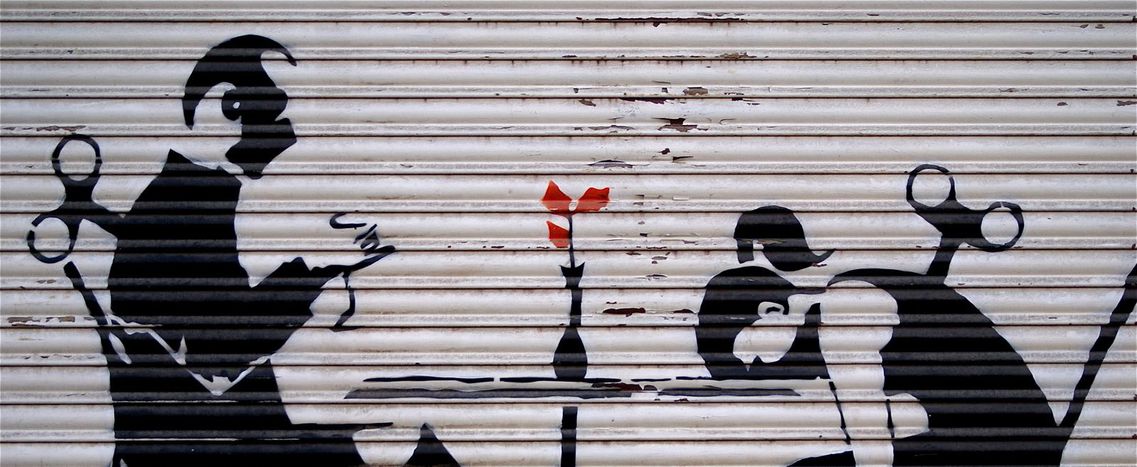
to sum it up, well, spoken language is pretty, like, unsophisticated really these days
Published on
Translation by:
Gilhean SlaterOver recent years spoken language has become more and more colloquial. Tired, over used and unsophisticated expressions slip automatically into our conversations, spoiling the eloquence of spoken word. Each language has its own offenders with cliché, irritating and increasingly intolerable expressions being used throughout Europe every day in every language.
Calvino described spoken language as ‘clumsy’. He preferred to express himself in writing to avoid sounding vague, imprecise, superficial and awkward. He used writing to escape from the mundane repetition and the popular conventional expressions which besiege oral communication - a linguistic trap which we all fall prey to. More often than not it is foreigners however who, in the vain hope of sounding like a local, like to repeat these ridiculous expressions.
CALVINO HAD A VISION OF THE PERFECT SPOKEN LANGUAGE – FLUID, rapid, PRECISE AND Clear. EUROPEANS STILL HAVE A LONG WAY TO GO...
Expressions which suggest the opposite of what they mean are a permanent feature of every European Language. We especially like to use ridiculous phrases to convey surprise. For example the French like to say ‘c’est Mortel’ (that’s deadly) to express their appreciation, a similar expression to ‘masakra’ in Polish which literally means ‘massacre’ and which is used to express surprise at something unexpected. The Germans also like to express bewilderment with a rather interesting, old fashioned expression: ‘Hola die Waldfee’ which roughly translates as ‘Hello imaginary fairy’.
In the Pyranees one could hear the expression guay, a term used to describe anything cool and trendy and one still used frequently by the locals. You wouldn’t hear this on German soil, however, where instead cries of ‘geilomat’ fill the air (pronounced with an elongated a) from the word geil which literally means ‘attractive’ or ‘igniting desire’. The Germans have also developed several variations of the familiar greeting Tschüss, which can be pronounced Tschüssikowski or shortened to Tschöo depending on your preference, much to the contempt of more ‘snobby’ German citizens who dislike the misuse of the pure German language.
The Polish have a love-hate relationship with the term krejzol, similar to ‘crazy’ in English. Hated by many natives yet widely used all the same, krejzol is used to describe someone who has completely gone off the rails, or ‘gone west’ as the French would say (à l’ouest). Italian, like in English, is full of meaningless words and phrases which unnecessarily clog up the flow of conversation. Like, basically, literally and practically are but a few of the useless appendages which weigh down the most simple of sentences.
Calvino wrote his Six Memos for the Next Millenium in 1985 with a vision of a fluid, rapid, eloquent and exact spoken language. Almost 30 years later and we are pretty much, like, no further forward basically.
Immagine: © Toni F./flickr
Translated from In poche parole, diciamo così: brutture linguistiche in Europa



